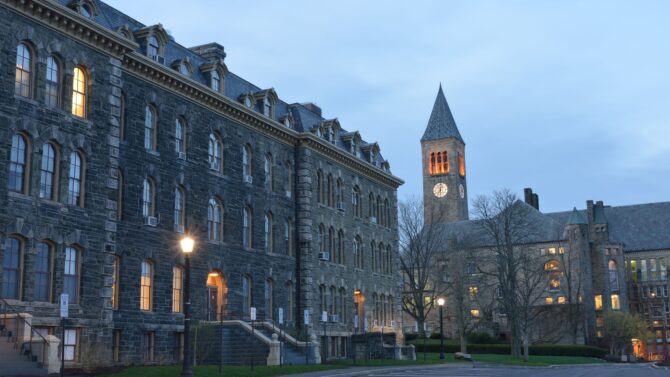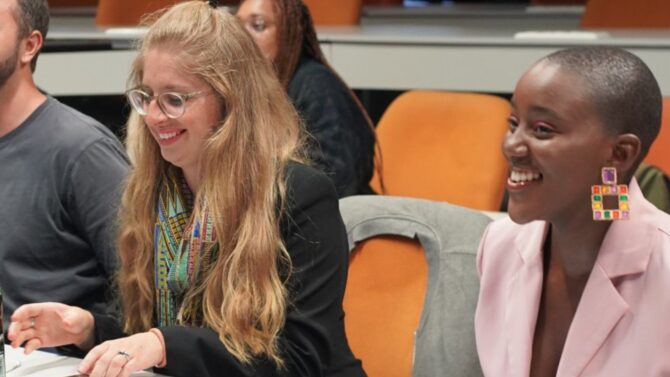Blockchain and Decentralized Technologies for Climate Action with Cornell University
The pressing issues of climate change and the imperative need for sustainable economic models have propelled discussions on innovative solutions. Traditional methods have often fallen short in providing the necessary tools for tackling these complex challenges. Hence, there is a growing interest in exploring emerging technologies like blockchain and decentralized systems to address these intertwined…



